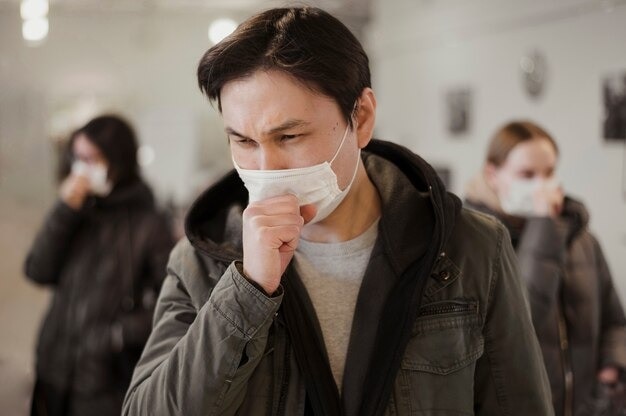Mpox (formerly known as monkeypox) and COVID-19 are both viral diseases, but they differ significantly in terms of transmission, symptoms, and public health impact.
Mpox and Covid-19 are two different viruses that can negatively affect individuals’ overall health. There’s a significant surge in mpox cases in various states of India. Mpox, also known as, Monkeypox is a serious infection caused by the monkeypox virus. It generally originates from the African rainforest, particularly in central and western regions. Mpox typically spreads through close contact with someone who has been infected with this virus be it humans or animals. It is a DNA virus with a double-stranded genome. This makes the mpox virus more stable and less likely to change rapidly as compared to RNA viruses like Covid-19. It means that this virus mutates slowly and gradually resulting in fewer changes in its strain.
On the other side, Covid-19 is caused by a virus called SARS-CoV-2. This virus belongs to the coronavirus family. It is an RNA virus meaning it is a single-stranded genome that is more likely to mutate. This become the major reason for COVID-19 being a global pandemic leading to lockdowns in India and worldwide.
Symptoms
According to Dr Manjusha Agarwal, Senior Consultant Internal Medicine Gleneagles Hospitals Parel Mumbai, “The symptoms of mpox start to appear after 2 to 10 days of being exposed to the virus. These symptoms usually last for about 2 to 4 weeks. This may include symptoms like headache, muscle aches, back pain, lack of energy, rashes, swollen glands, sore throat, fever, blisters, lesions, chills, and exhaustion.”
He further added, “The symptoms of COVID-19 may vary from person to person. Typically the symptoms may include fever or chills, cough, shortness of breath or difficulty breathing, sore throat, congestion or runny nose, loss of taste or smell, fatigue, muscle or body aches, headache, and sore throat. In severe cases, these symptoms may last more than 2 to 4 weeks which can negatively affect one’s overall health. During the initial stage, some may not experience any symptoms making it difficult for early detection.”
Prevention
People diagnosed with mpox can opt for vaccines that are used for preventing smallpox. It is even recommended for those who are at higher risk of contracting this infectious virus. Maintaining a safe distance while limiting exposure to people or animals infected with mpox can be helpful as mpox spreads through close contact. Good hygienic practices such as frequently washing your hands with soap and water can be helpful. Isolation can be an optimal choice once detected with the mpox virus to prevent the widespread of this virus to others.
Covid-19 vaccines are widely available in hospitals to effectively combat this virus. Individuals are advised to wear masks in crowded areas like trains, buses, markets, and shopping malls to ensure their safety. Social distancing in public places as well as indoors can successfully help prevent covid-19 virus. Ensure ventilation by keeping your windows or using an air purifier at home for better airflow.

